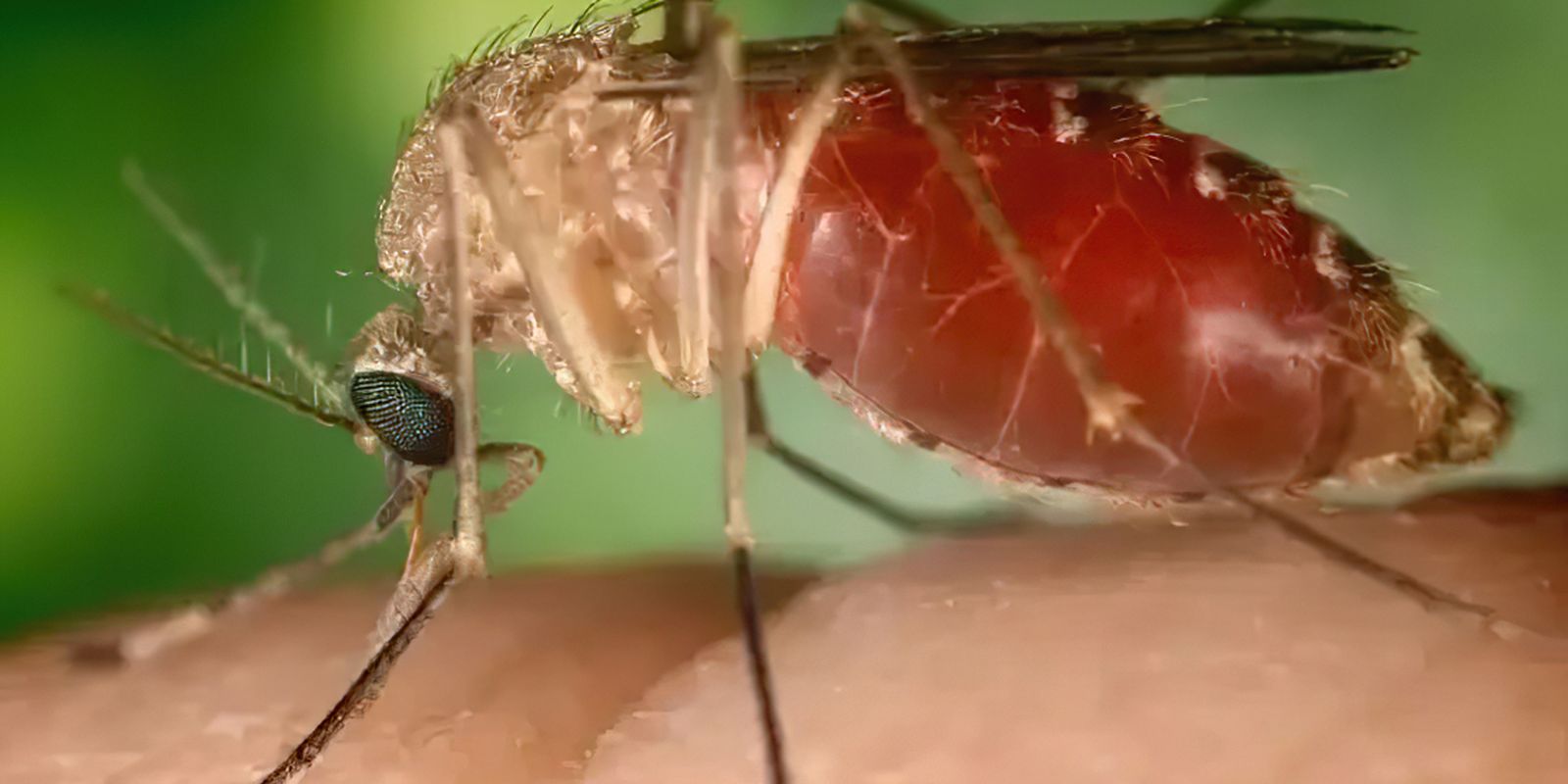The Pan American Health Organization (WHO), the arm of the World Health Organization in the Americas (WHO), issued this Saturday (3) an epidemiological alert of high risk for Oropouche fever on the continent.
According to the entity, the decision was taken due to “recent highly worrying changes” in the clinical and epidemiological characteristics of the disease, including the registration of cases in locations outside the so-called endemic regions.
Other factors taken into consideration for issuing the high-level alert are the two deaths from Oropouche fever confirmed in the interior of São Paulo and the identification of a potential vertical transmission of the virus (from mother to baby during pregnancy or childbirth). PAHO is also monitoring fetal deaths and cases of newborns with anencephaly that may be related to the infection.
“Recognizing that these observations are still in the early stages of investigation and that the true trajectory of the disease is still unknown, the risk level for the region has been raised to high,” the entity highlighted.
“All of this is based on current and available information, with a moderate level of confidence and with a great deal of caution,” PAHO added.
Criteria
According to the document, the criteria considered to update the regional risk level for Oropouche fever include potential risk to human health. The clinical presentation of the virus in most cases ranges from mild to moderate with self-limiting symptoms that generally resolve within seven days. Although complications are rare, sporadic cases of septic meningitis have been documented. More recently, two cases of deaths associated with the virus were deported in Brazil amid an outbreak of the disease in the country. These deaths account for the first fatal cases associated with the disease in the world.
In making the decision, the organization also considered vertical transmission of the virus, which is under investigation. On July 12, Brazil informed PAHO about potential cases of vertical transmission of Oropouche fever and its consequences. As of July 30, five potential cases of vertical transmission of the virus had been reported in Brazil, including four cases of fetal death and one case of spontaneous abortion in the state of Pernambuco, in addition to four cases of newborns with microcephaly in the states of Acre and Pará. The investigations are ongoing.
PAHO also lists the risk of the disease spreading, contextualizing that, between January 1 and July 30, 2024, 8,078 confirmed cases had been reported in at least five countries in the Americas, including Bolivia (356 cases), Brazil (7,284 cases), Colombia (74 cases), Cuba (74 cases) and Peru (290 cases). In Brazil, 76% of cases were registered in the Amazon.
Brazil
According to PAHO, at least 10 Brazilian states outside the Amazon region have confirmed autochthonous or local transmission of Oropouche fever, some of which are unprecedented for the disease. “This information suggests that, in the last quarter, cases were reported in new areas and new countries, signaling the expansion of the virus throughout the Americas.”
“Since its identification in 1955, the virus has caused outbreaks in several countries in South America and the Amazon region, largely due to the vector Culicoides paraensisof the potential Culex vector and its hosts, such as sloths and primates.”
“The risk of vector spread and, consequently, transmission of Oropouche fever is increasing due to climate change, deforestation, uncontrolled and unplanned urbanization, and other human activities that affect the habitat and favor gaps between vector and host. To date, there is no evidence of transmission of the virus between humans,” concluded PAHO.

















